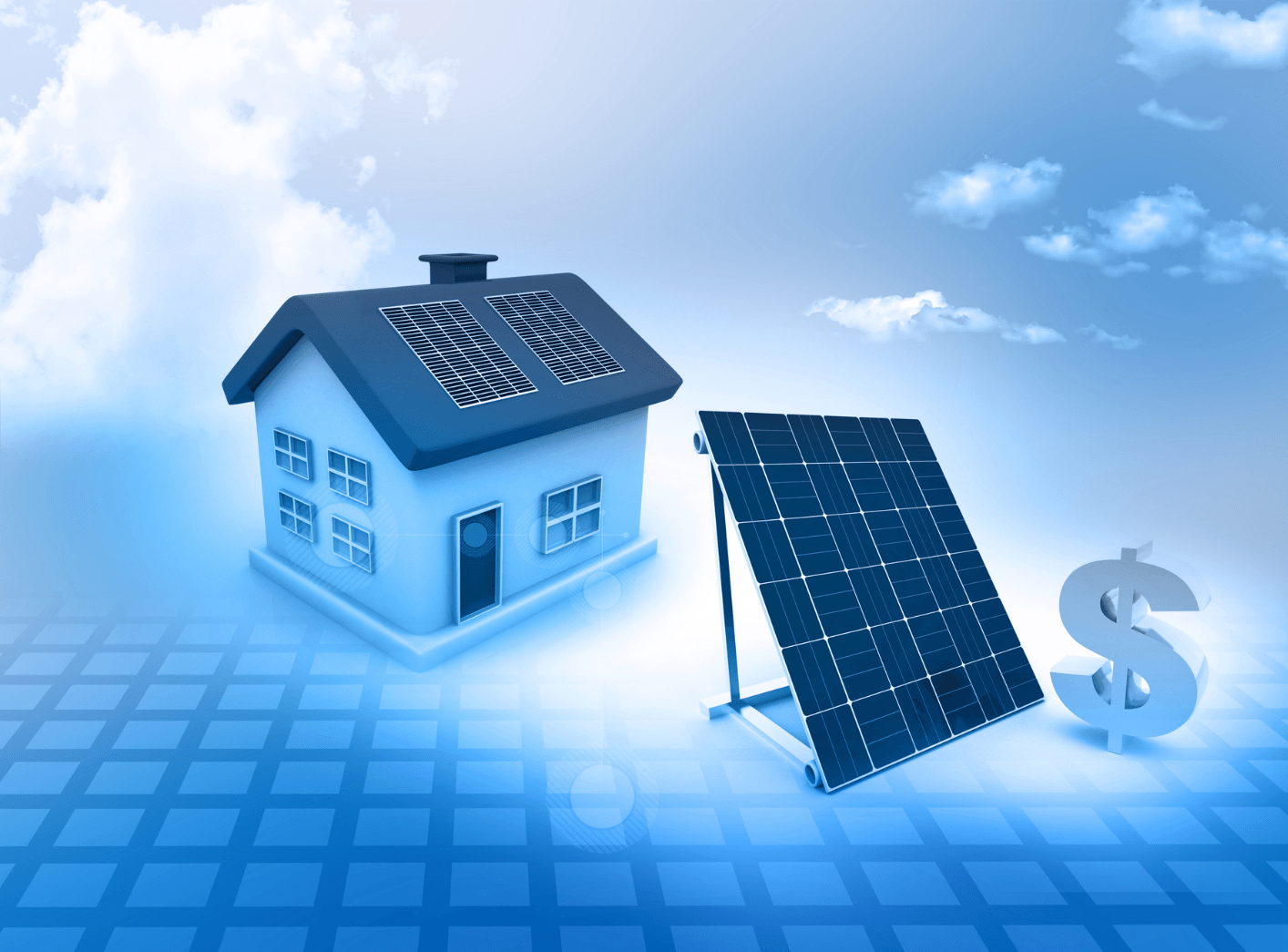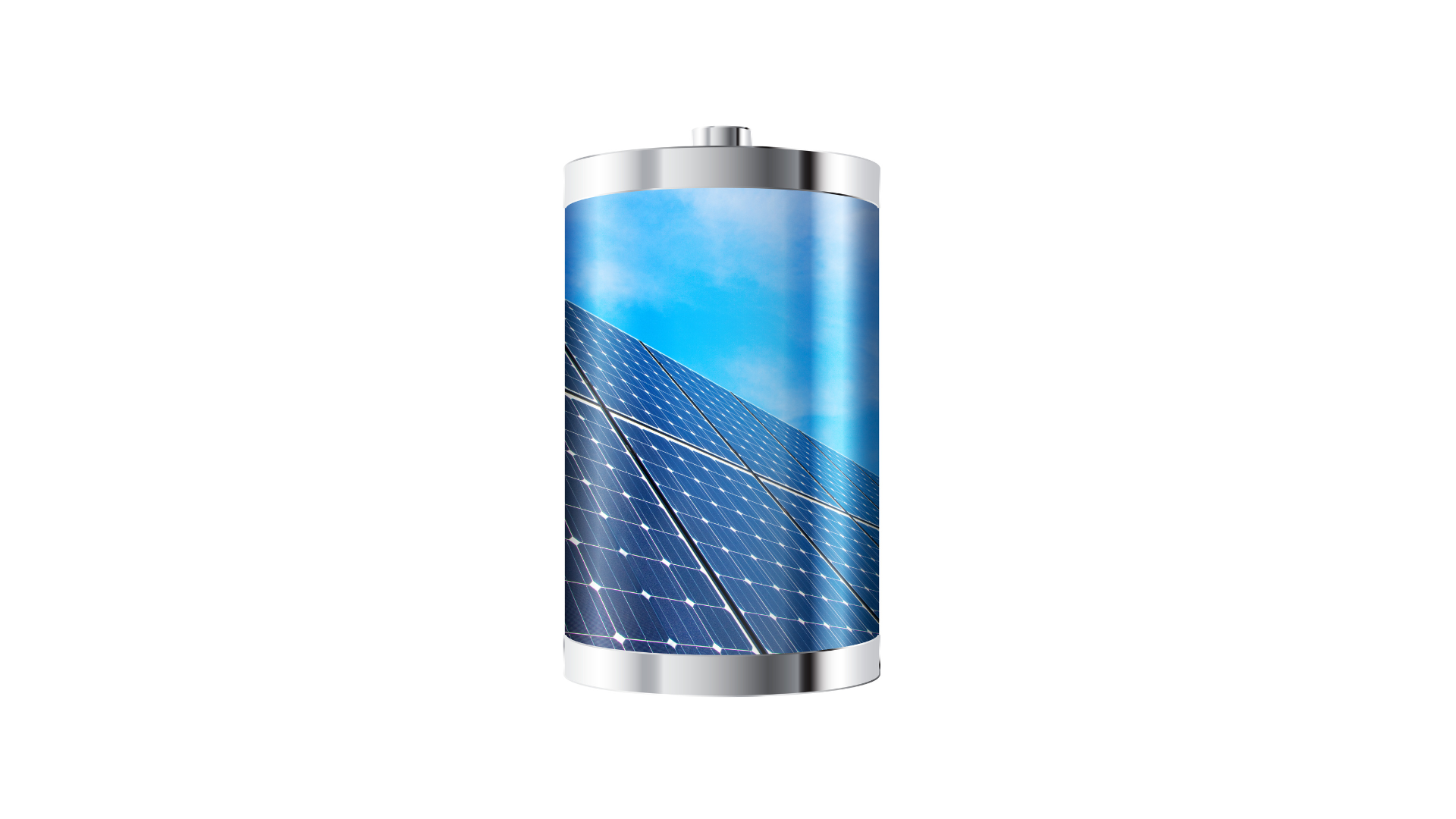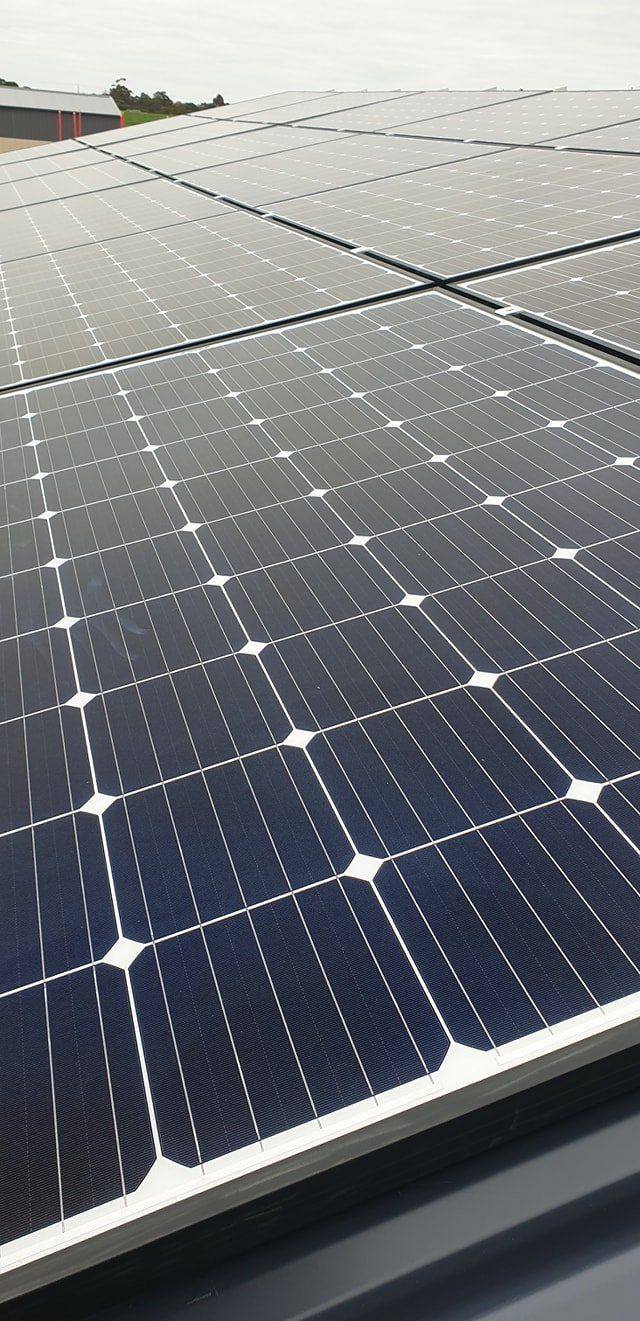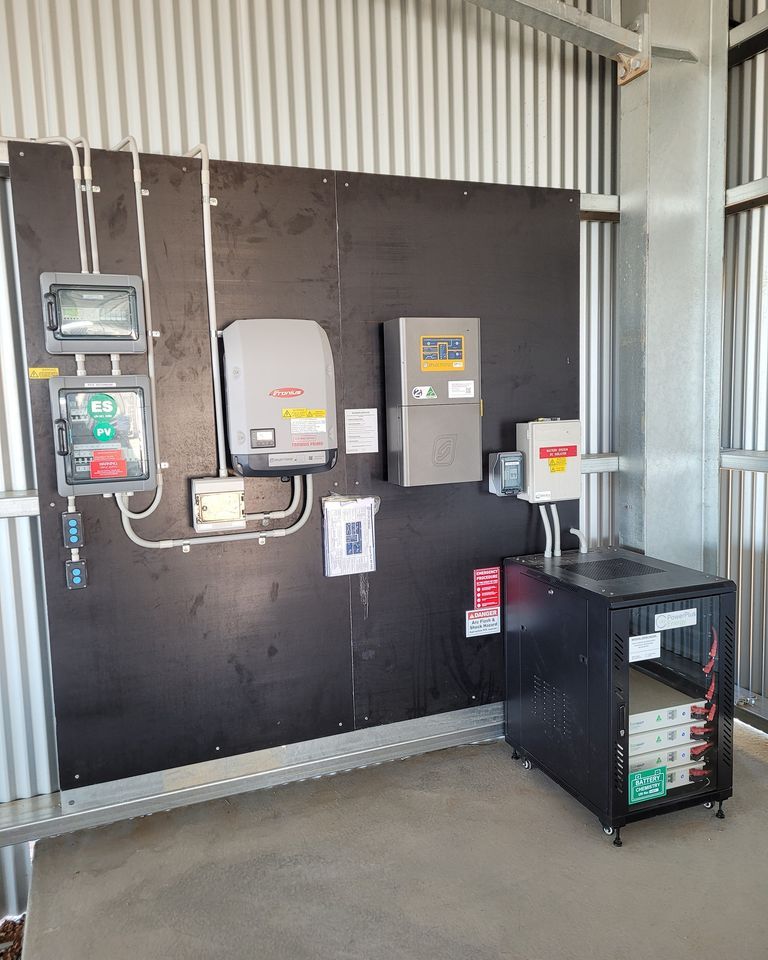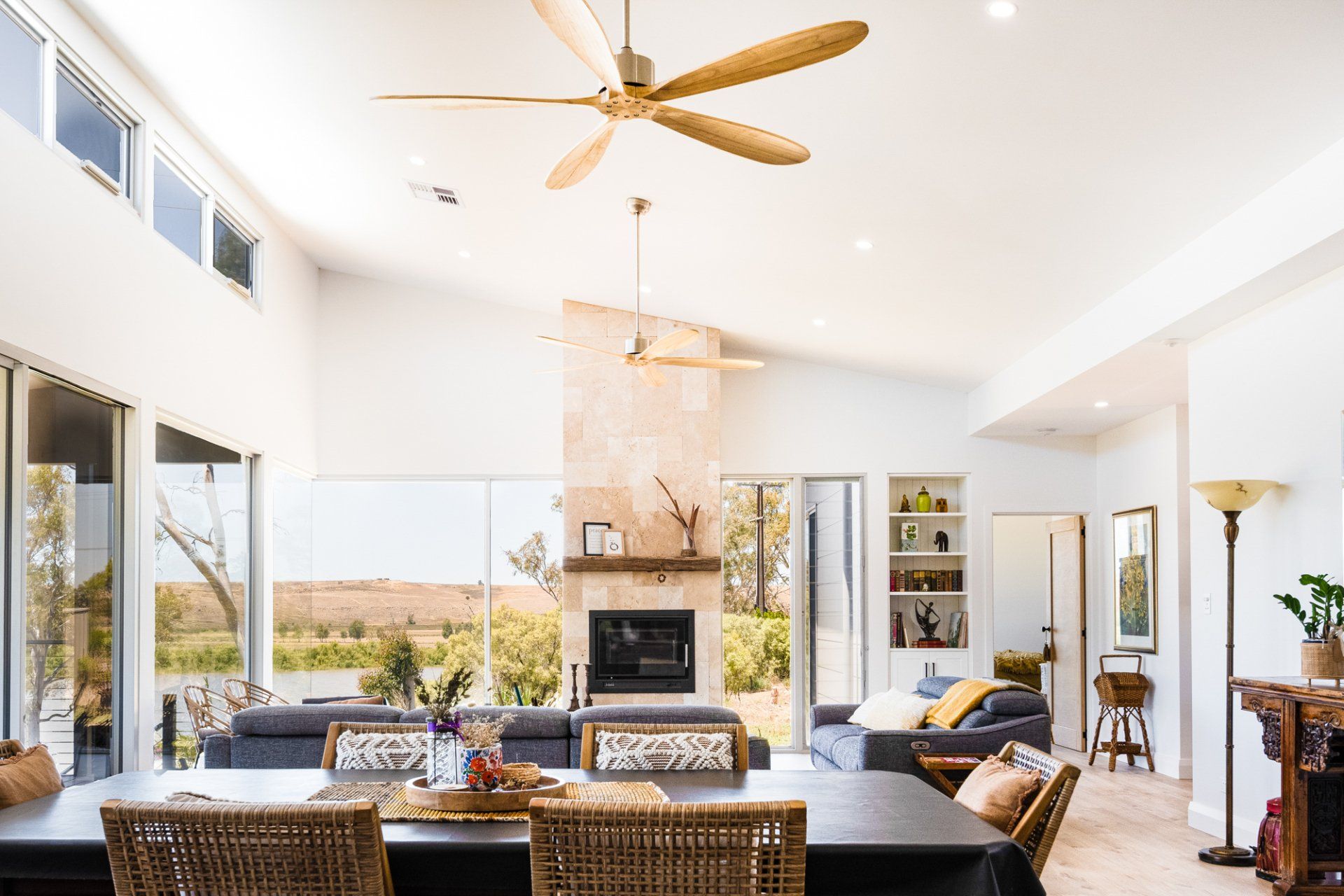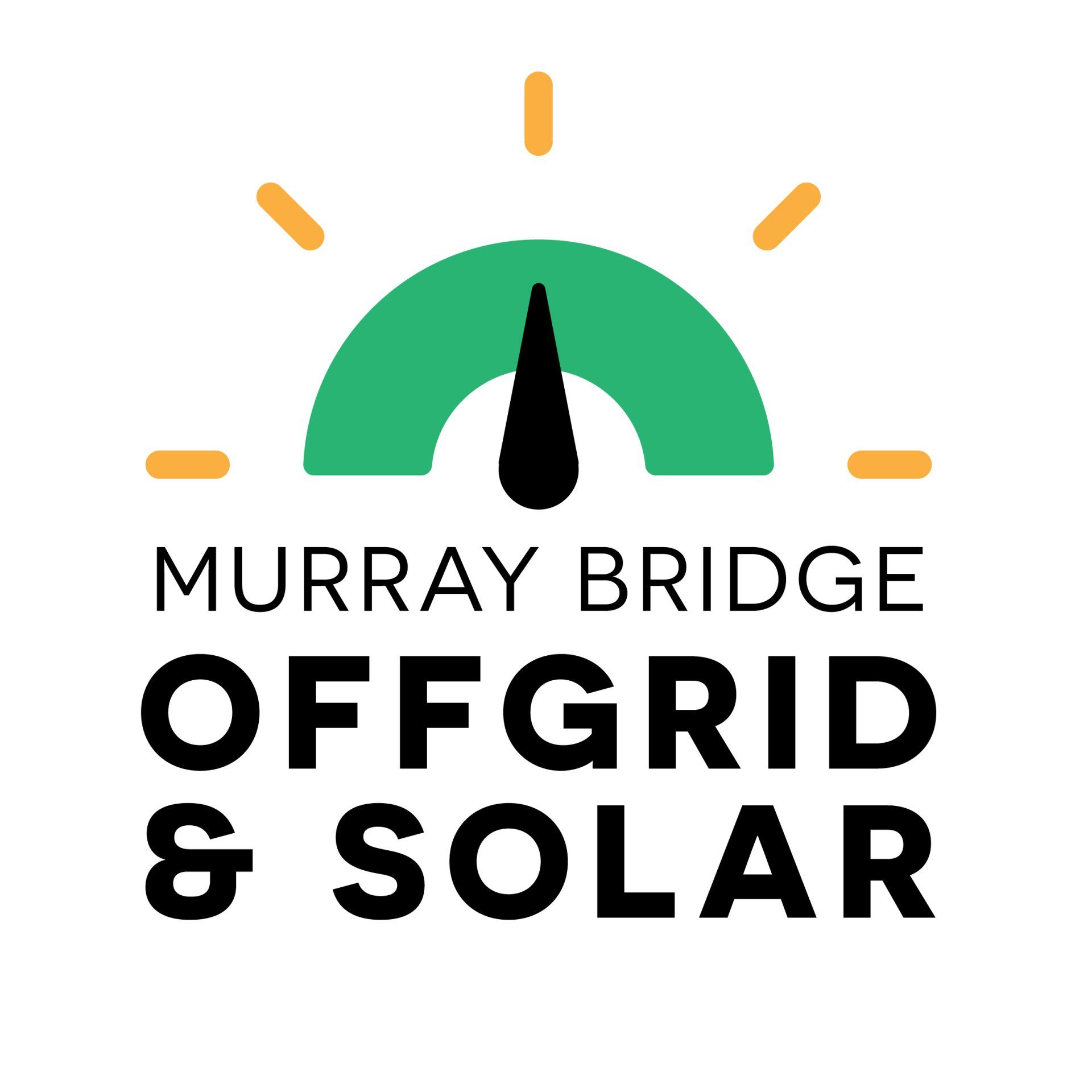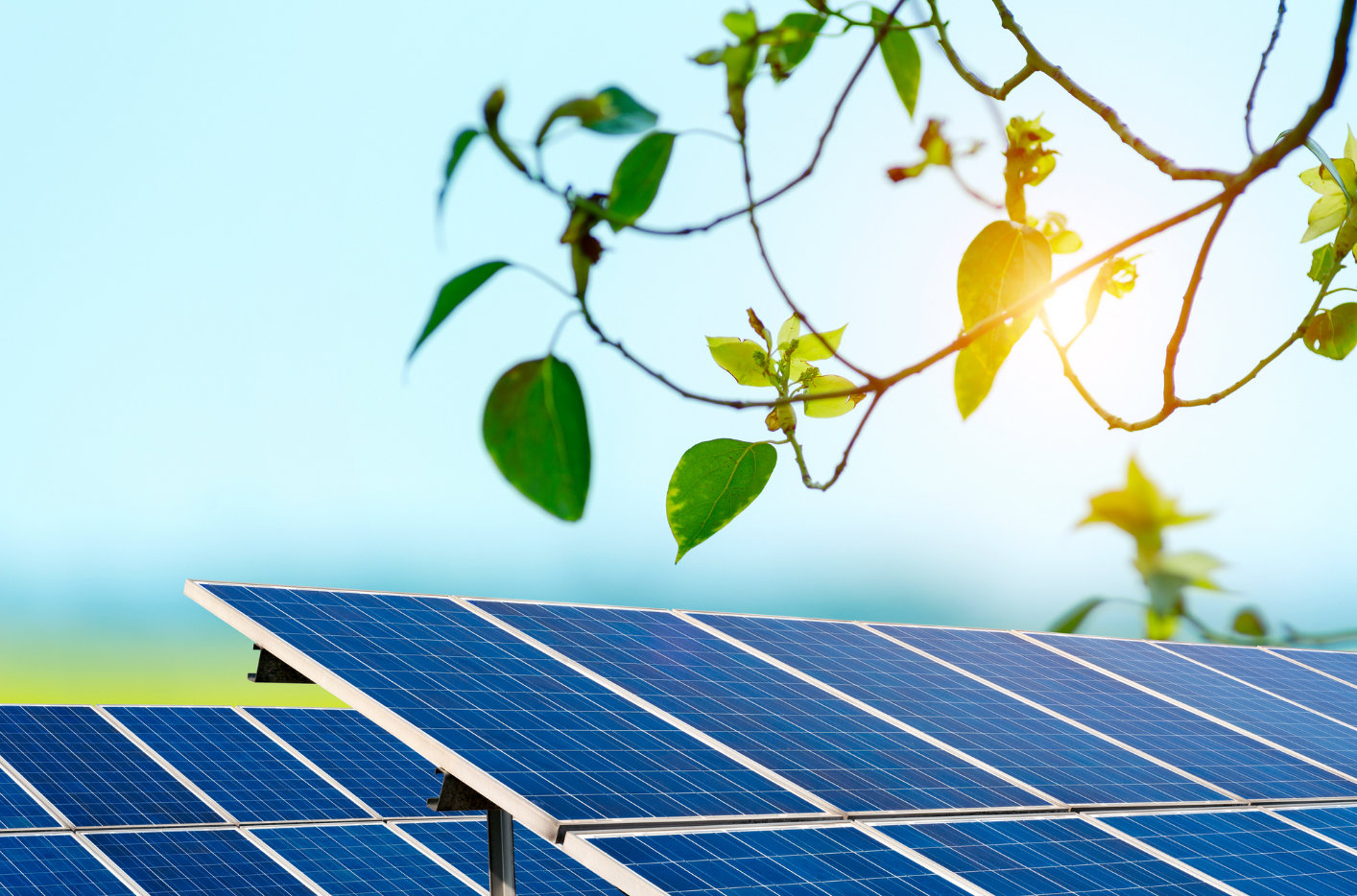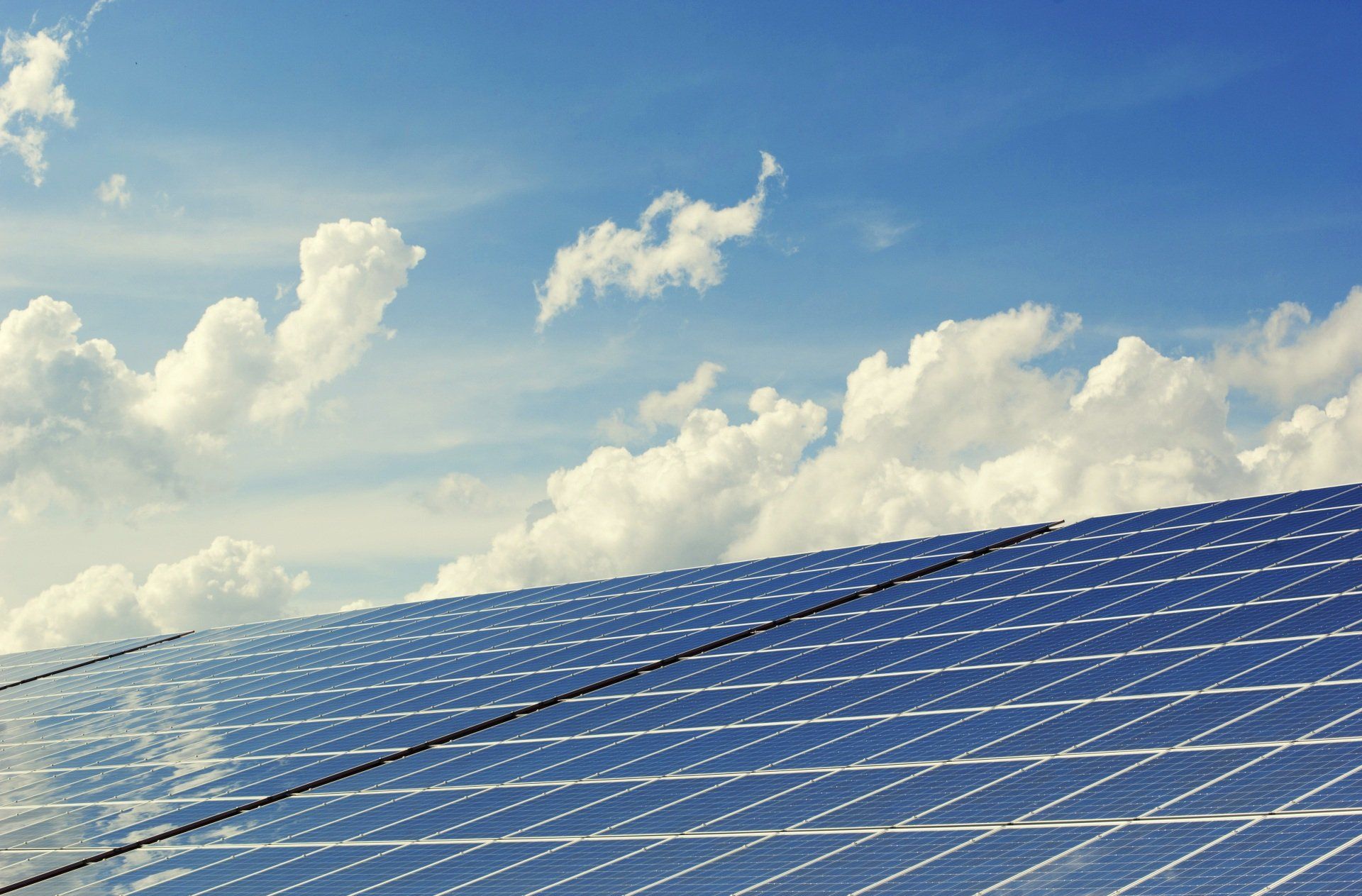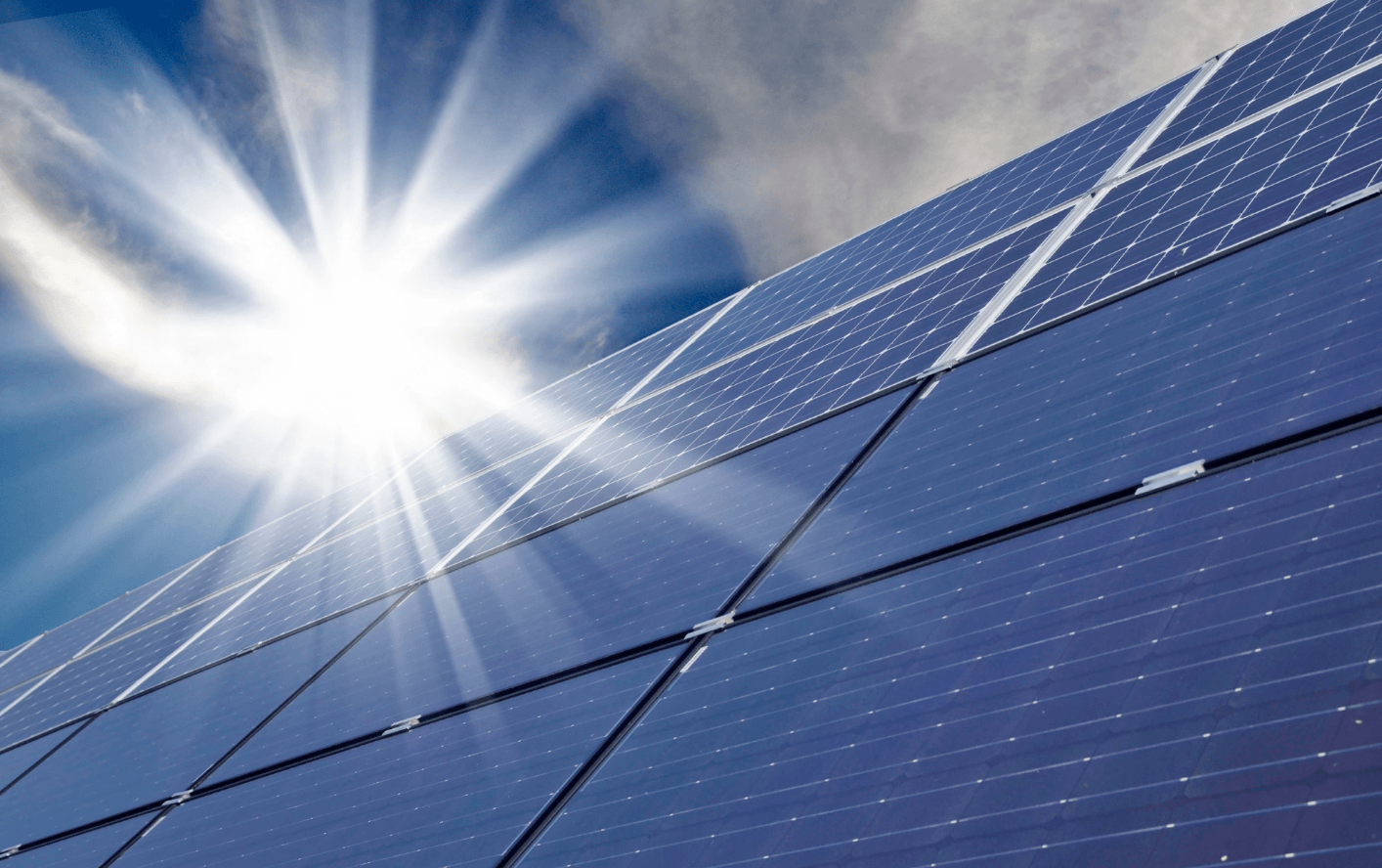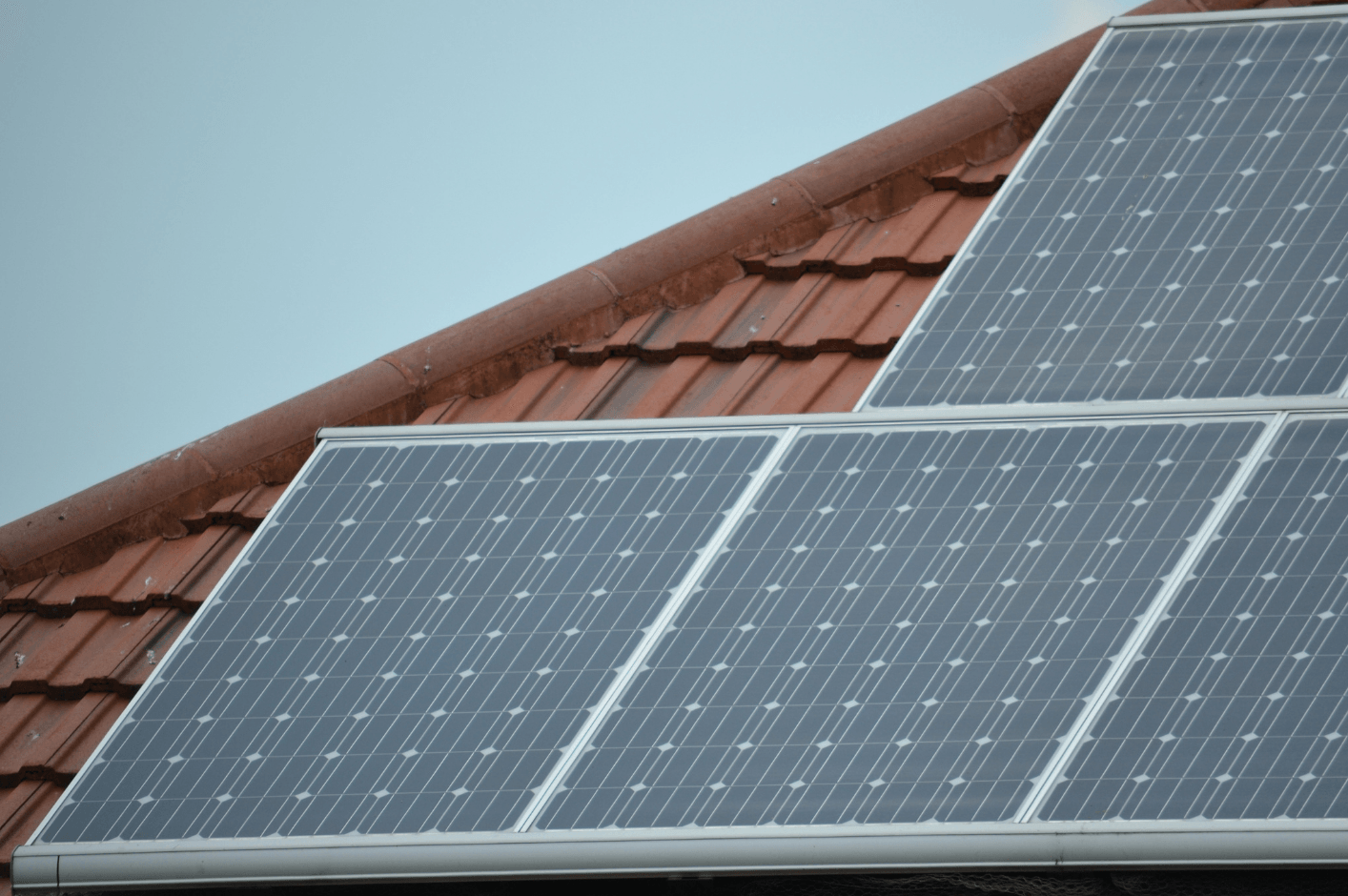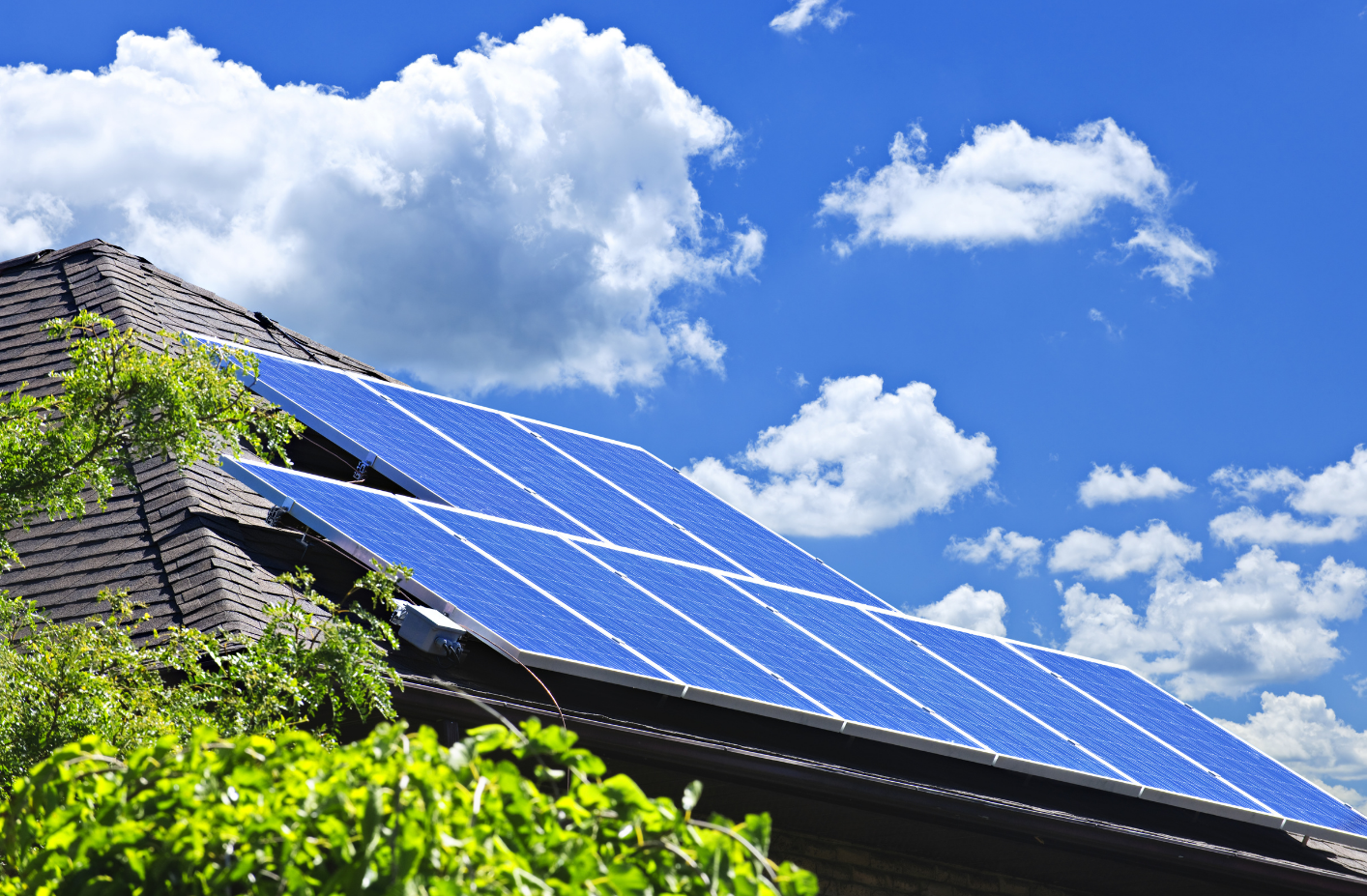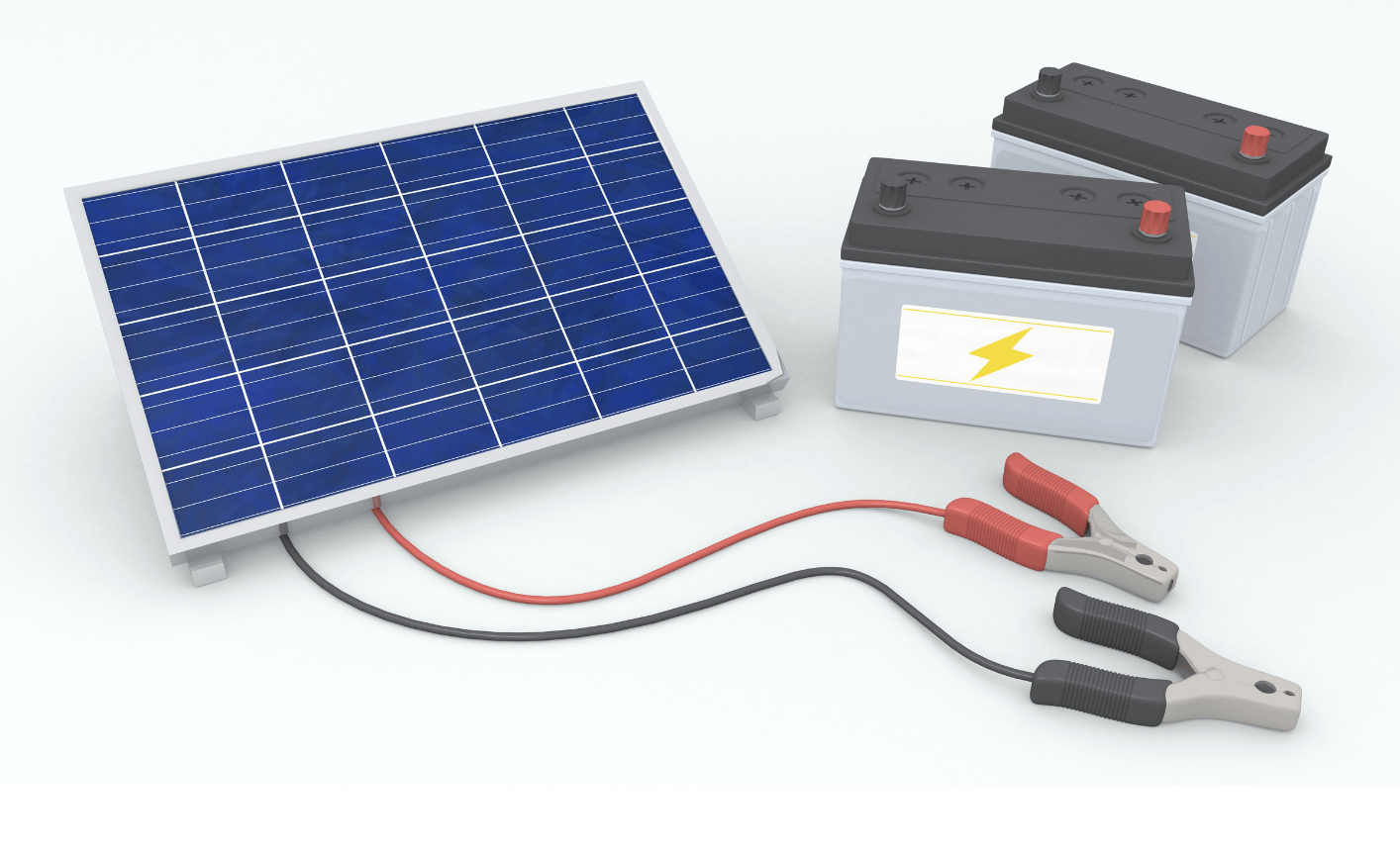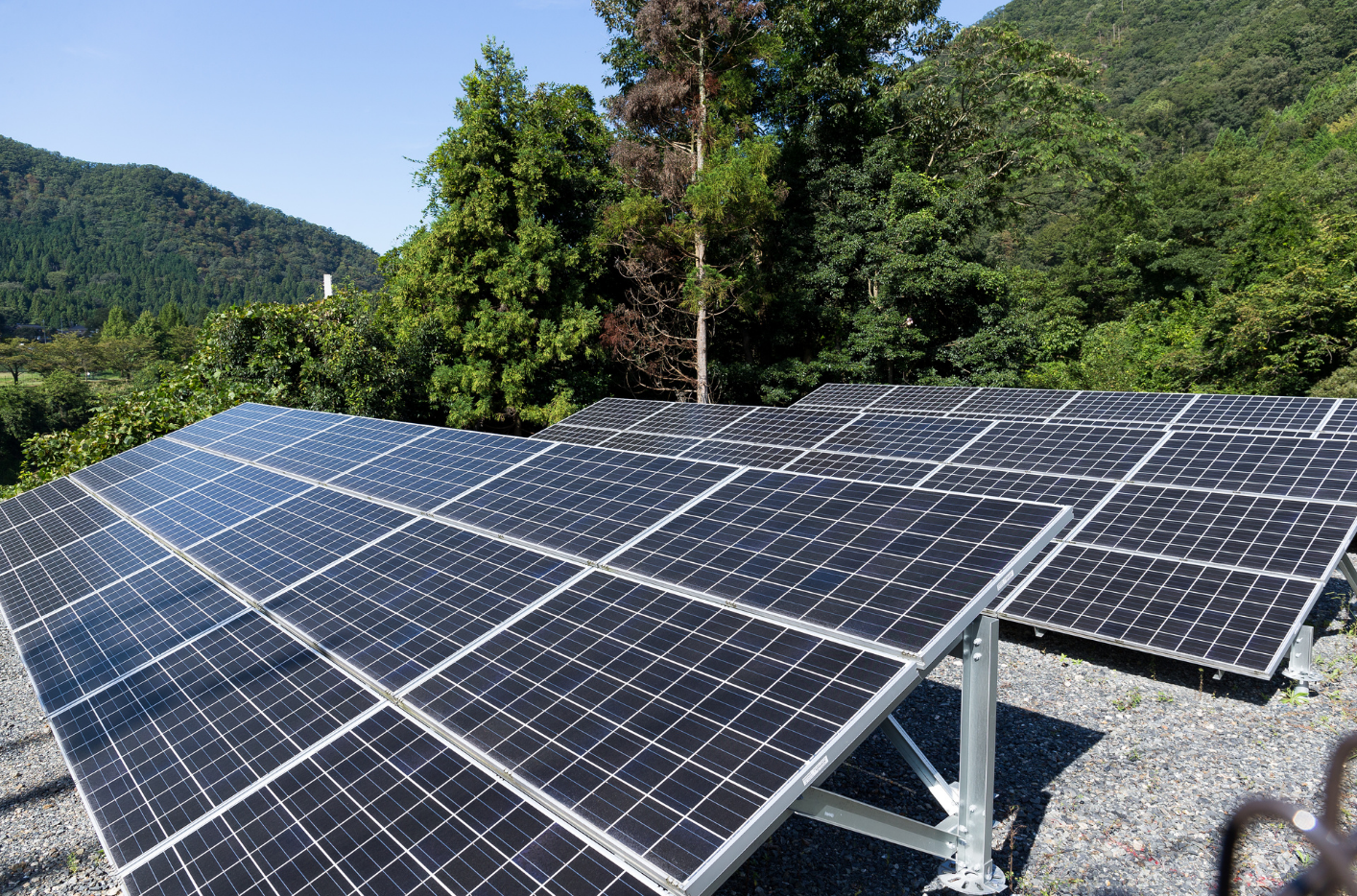Living Off-Grid: How to Maintain Your Lifestyle Without Compromising
When it comes to off-grid living, there are a lot of misconceptions about what that actually means. We'll discuss how you can go off grid without compromising anything.
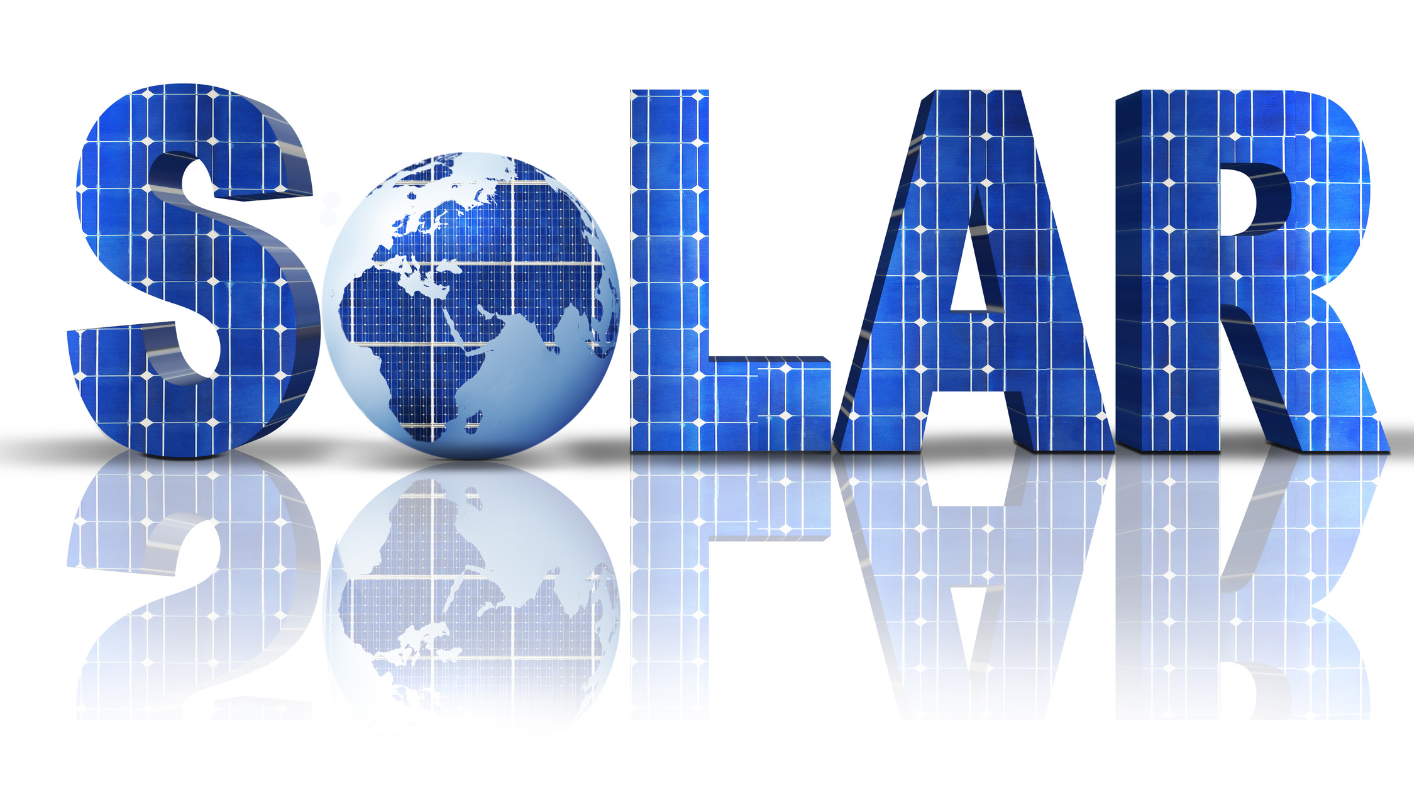
When it comes to off-grid living, there are a lot of misconceptions about what that actually means.
For many people, it automatically conjures up images of living in complete isolation, without any modern conveniences. But the truth is, you can live off-grid and still have all the amenities of modern life. You just have to be a little bit more creative about how you get them.
For one thing, you can easily set up a solar system that will provide power for your home. This can include everything from powering your lights and appliances to running your water pump and refrigerator. And if you want to go completely off-grid, you can also set up a rainwater harvesting system to provide your home with water.
Another big advantage of off-grid living is that it can be a lot more affordable than traditional grid-based power. In fact, with solar and wind power systems, you can often generate your own power at a fraction of the cost of what you would pay for electricity from the grid.
So if you’re looking for an affordable and sustainable way to live, off-grid living may be the perfect choice for you.
Let's take a look at what having a off grid solar system looks like.
A solar panel array, a battery bank to store and supply energy, a solar inverter, a battery inverter, and a generator are the basic components of an off-grid system. The solar array provides power to appliances and stores extra energy in batteries during sunlight hours. In the evening or when the home needs more electricity than solar can provide, the battery system kicks in and powers appliances like normal. A backup generator may also help depending on how large the overall system is. Many homes can now use solar power as their only source of energy, while others combine solar with a backup generator. The size of your property, your lifestyle and budget all help to determine which system is best for you.
The design of your house plays a part in the design process.
If your are building your house here are some tips if you're thinking of going off grid:
The energy consumption of your home will largely depend on its design if you're choosing to live off the grid. Many people who elect this lifestyle integrate passive design, which uses nature's resources like sunlight and wind instead of electricity. The orientation of your home is key when it comes to heating/cooling efficiency and how well your solar array will function.
Solar panels are most effective when they face due north and are pitched at an angle that mirrors the sun's position. For instance, during summer when the sun is high in the sky, solar panels should be tilted at a shallow pitch of 0-10 degrees. However, come winter when the sun sits low in the sky, steeper angles between 40-60 degrees provides better results.
If your solar panels are mounted on adjustable ground-mounted frames and you can adjust the pitch, you may manually alter the angle of inclination to suit the season. If your solar panels are fixed-mounted on a roof or shed, it might be beneficial to install them at a steeper angle to enhance winter output and ensure greater year-round solar production. If your solar panels face true east or west, your yearly performance could be reduced by up to 20%.
Design your home with large windows and roof eaves to take advantage of natural light and heat. You'll be amazed at how much this can lower your power consumption.
The materials you choose for your building and roof will play a big role in how comfortable your home is. For example, if you live in Australia where the summers days get very hot (in the high 30s and 40), then you'll want to make sure that the material used for your roof has good insulation properties. This will help keep your energy use down as well since you won't have to rely on air conditioning as much.
There are some things can do to passively cool your home:
- Use reflective surfaces on exterior walls and roofs (paint them white or another light color)
- Plant deciduous trees around the house - they provide shade during summer but let sunlight through during winter - Build overhangs/verandas
Wall and ceiling insulation is required in all Australian homes, and it can save you up to 50% on your heating and cooling expenses each year. Your home will stay warmer in the winter and cooler in the summer thanks to high-quality insulation put inside during construction. It has also been shown to be beneficial to one's health.
When you live off-grid, it doesn't mean you have to compromise your lifestyle. In fact, there are many ways you can reduce your energy consumption and save money.
One way is by choosing energy efficient appliances. The Australian government has enacted a 6-star energy rating system on all new appliances to help you compare models and make better purchasing decisions. The labels give you a clear indication of which appliance is better by displaying a score out of 6, as well as the kilowatt-hour (kWh) consumption per year.
Another way to reduce your energy consumption is by using smart strategies for heating and cooling your home. For example, mounting ceiling fans throughout your home or installing LED lighting instead of CFL's or halogens can make a big difference. You can also save energy by air-drying your laundry instead of using a tumble dryer, or installing solar hot water and solar pool heating.
Living off-grid doesn't have to be uncomfortable - by making wise choices with your appliance selections, you'll enjoy financial and environmental benefits for years to come.
Living off-grid doesn't have to mean compromising your lifestyle. There are a number of simple ways to make the most of your solar energy and reduce your electricity consumption without missing out.
Washing clothes in cold water can save up to 80% of the power used by a machine, while leaving 5cm of free space around fridges and freezers can save up to 10% on their energy use. You can also set your fridge at 4 degrees and freezer at -15 degrees to save even more power. Turning appliances off at the wall when they're not in use can save 6% of your household's electricity bill, while ceiling fans use very little power and can be run for up to 20 hours on a single kilowatt-hour. In summer, setting the air conditioner temperature at 25 degrees instead of 19 will consume 10% less power.
With a few small changes, you can make a big difference to your electricity consumption and maintain your off-grid lifestyle without compromising.
Conclusion
Living off-grid doesn't have to mean sacrificing your lifestyle - in fact, there are many ways you can reduce your energy consumption and save money. By making wise choices with your appliance selections, you'll enjoy financial and environmental benefits for years to come. With a few small changes, you can make a big difference to your electricity consumption and maintain your off-grid lifestyle without compromising.
If you have any questions or would like more information about living off-grid, please don't hesitate to
contact us. Our team at Murray Bridge Offgrid & Solar would be happy to help!

